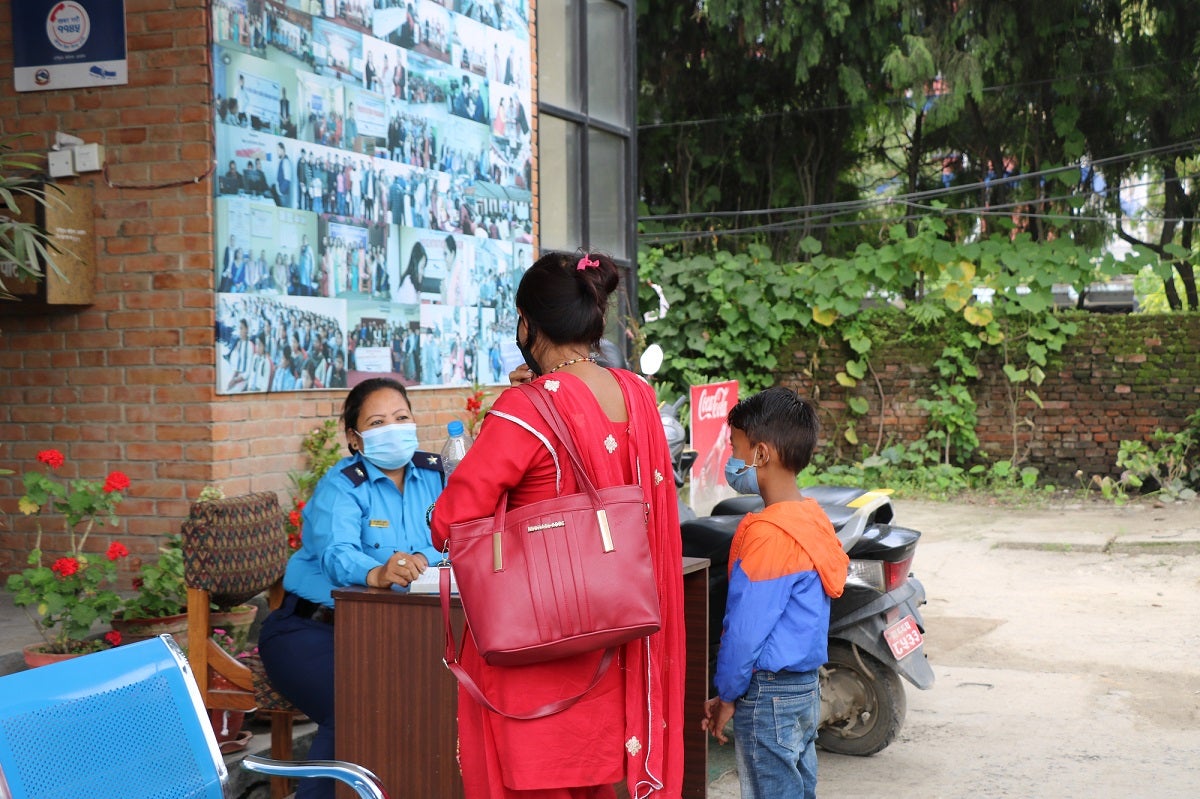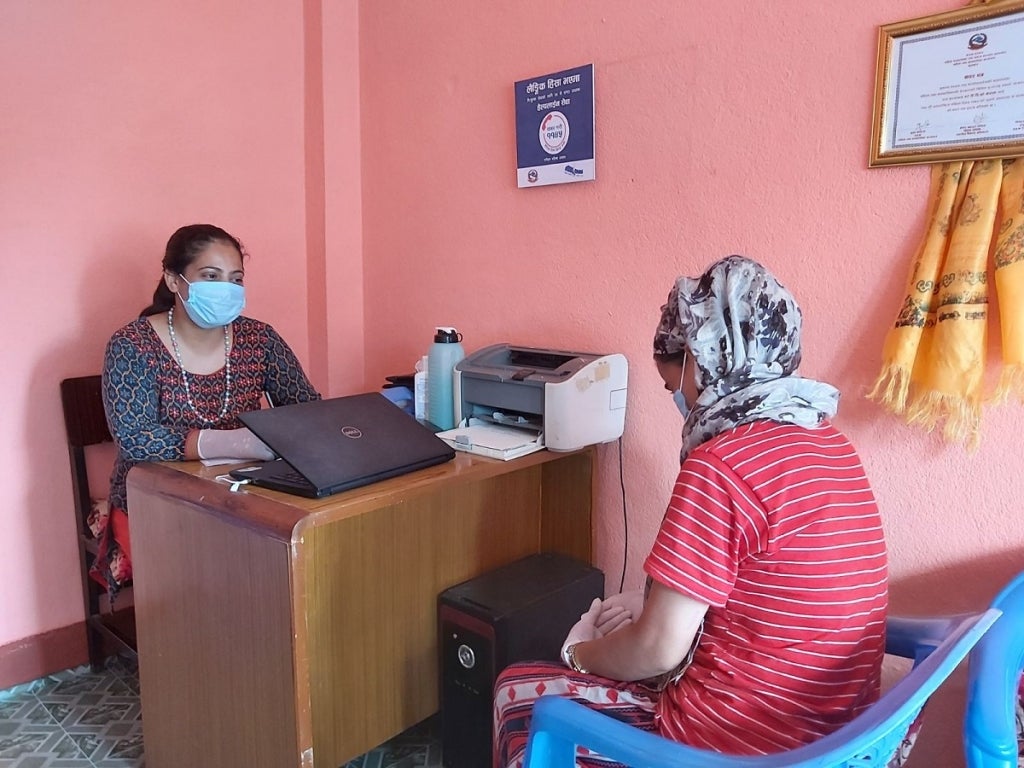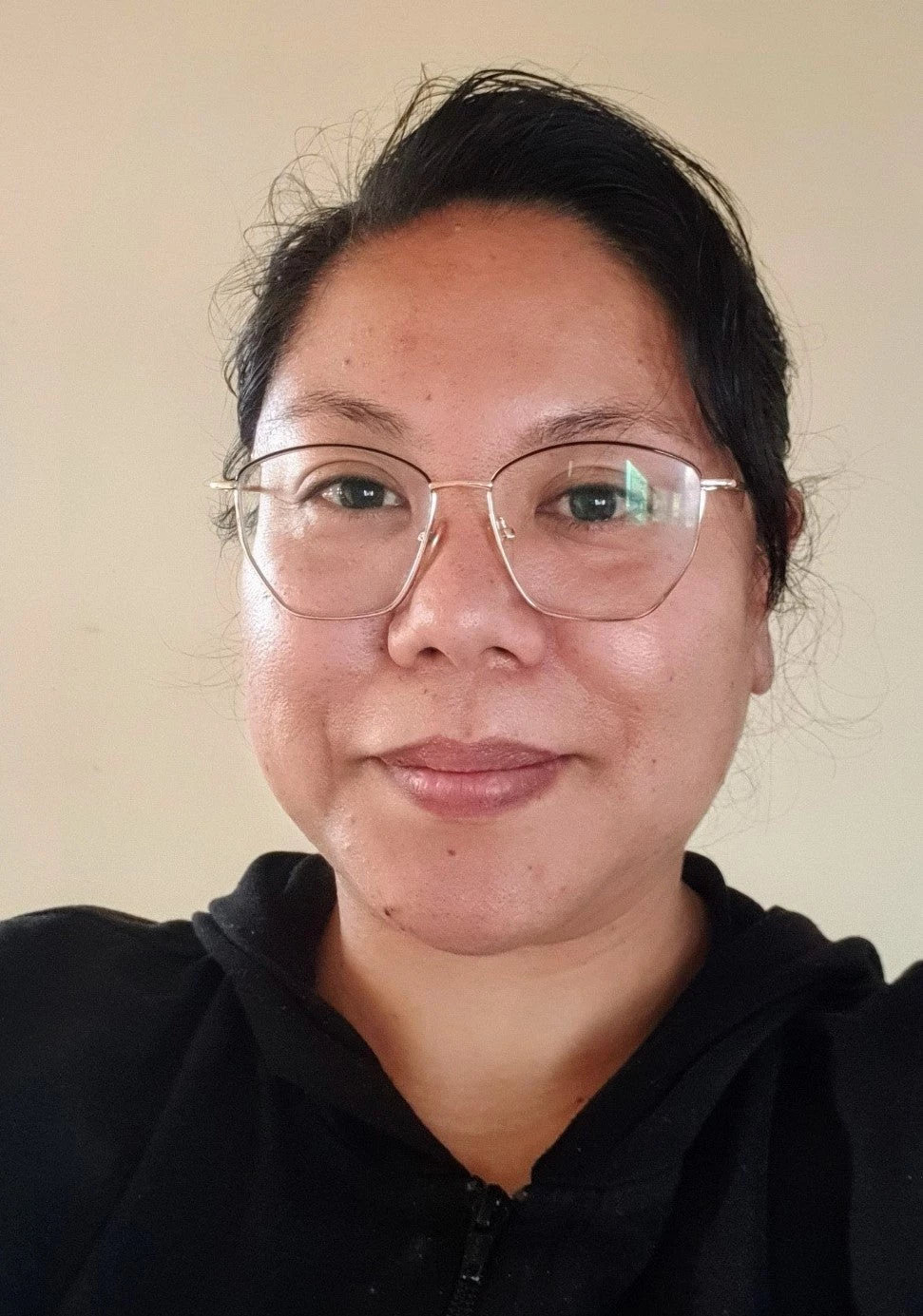 A women speaking on her mobile phone facing away from the camera
A women speaking on her mobile phone facing away from the camera
In Nepal, COVID-19 has intensified the risk of gender-based violence (GBV) for women and girls. Despite limited resources, Nepal's gender-based violence service providers have stepped up to ensure women and girls are safe and free of harm.
One such provider, the National Women Commission (NWC), operates the 1145 support helpline and has experienced a surge in demand for GBV services during the pandemic. The NWC received funding through the World Bank's Integrated Platform for Gender-Based Violence Prevention and Response (IPGBVPR) project.
Together with Legal Aid & Consultancy Center (LACC), Child Workers in Nepal (CWIN), Transcultural Psychosocial Organization (TPO) Nepal, and SAATHI, NWC provides critical support to survivors of gender-based violence.
Providing remote psychosocial counseling
Data from the past three years show that 39% of all helpline calls at NWC originate from survivors of mental violence. For these GBV survivors—many of whom are already under stress because of the pandemic—psychosocial counseling is an urgent need.
Mounting requests for mental health support has made it urgent to operate 24-hour remote psychosocial counseling services.
However, mobility restrictions have impeded in-person counseling services , which support GBV survivors with psychiatric needs to manage their medicines or obtain funds for hospital admissions.
Mounting requests for mental health support has made it urgent to operate 24-hour remote psychosocial counseling services. As of now, only TPO Nepal runs a day-time toll-free helpline to cater to the mental health needs of its callers in Nepal. Further, The National Mental Health Policy 2017 still awaits implementation, causing delays in tackling mental health issues.
Access to justice for GBV survivors
Providing legal aid to GBV survivors should be one of the state's major priorities. We have seen some encouraging signs on this front. In a favorable verdict issued in August 2020, Nepal's Supreme Court mandated that helpline services for GBV survivors be available in all 753 local levels alongside online court hearings.
Likewise, an amendment to the current legal policy is recommended to add integrated services whereby GBV survivors receive a socio-legal aid package besides a lawyer, including a psychosocial counselor and mediator.

Better shelters
However, such shelters are too few across Nepal. Shelter staff is overworked and underpaid, and space limited . The pandemic has also laid bare the need for government-approved protocols to protect employees' and survivors' health and safety. Encouragingly, under the IPGBVPR project, NWC has developed a new shelter protocol approved by the government.
Shelter homes are meant to offer temporary residence. But many women end up spending years in them as they can't find economic opportunities. Skills development and employment opportunities of GBV survivors, therefore, need attention and investment.

Moving forward with a holistic action
It is imperative to beef up the capacity of Nepal’s GBV Prevention Fund to handle crises such as COVID-19 . Established in 2008 by the Ministry of Women Children and Senior Citizen, the fund currently allocates a mere 6 million rupees or about $51,000 each year to GBV survivors, including for legal care, mental health services, skill development, or medical expenses.
Going forward, Nepal needs to build a reliable and holistic health, protection and justice system to support GBV survivors.
GBV service providers should also be encouraged to collaborate to ensure data consistency and improve budget estimates for costs and resources. The 1145 helpline, which has its own integrated Case Management System (CMS), could set an example for a future national GBV database system.
As Nepal charts its path to a resilient recovery, now is the opportune time to invest in the resilience of vulnerable GBV survivors regardless of their sexual orientation and gender identity . This effort will require concerted action among the government, development partners, the private sector, and stakeholders to prevent and end all forms of GBV in Nepal.




Join the Conversation